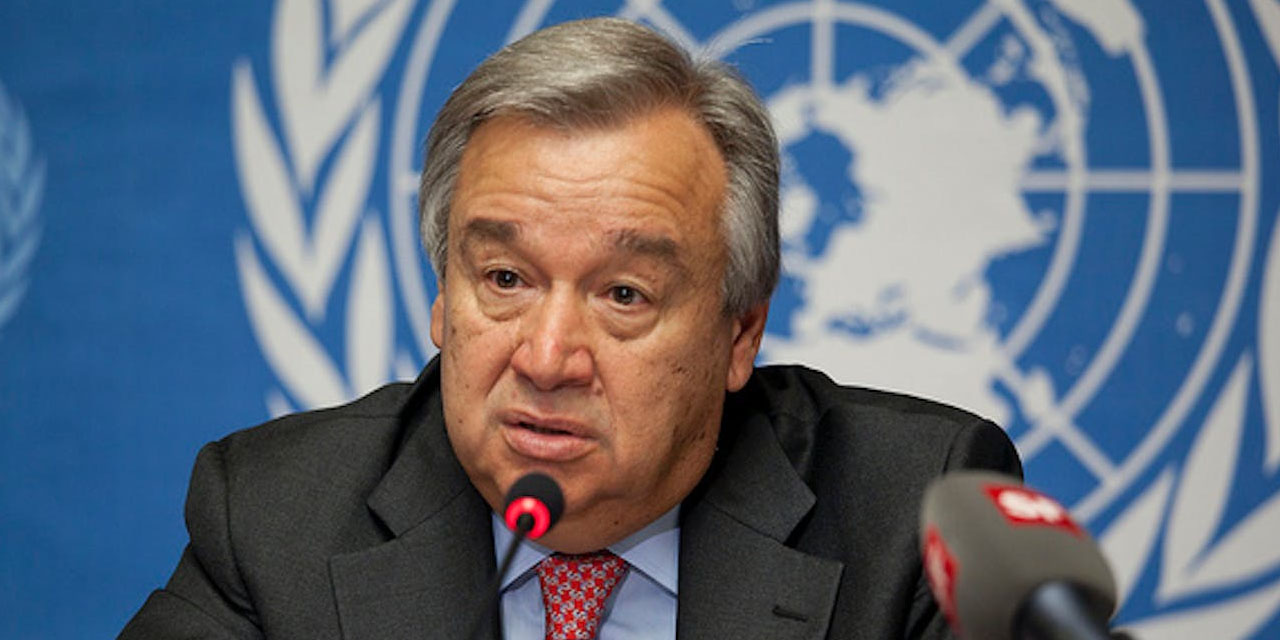Niël Terblanché
Namibia has welcomed the establishment of the new Biodiversity Beyond National Jurisdiction (BBNJ) global treaty on the conservation and sustainable use of marine resources
The treaty, under the auspices of the United Nations Convention on the Law of the Sea (UNCLOS), was adopted by consensus during a meeting in New York.
Ministry of Fisheries and Marine Resources spokesperson welcomed the development and commends the UN’s efforts aimed at protecting and conserving marine biodiversity.
The treaty is aimed at protecting the ocean, promoting equity and fairness, tackling environmental degradation, fighting climate change and preventing biodiversity loss in the high seas.
The adoption of the BNNJ is a historic achievement in the international negotiation regime as it marks the end of more than a decade of multilateral negotiations towards its establishment and is a welcome addition to UNCLOS, which provides the legal framework under which all activities in the ocean take place.
The UN secretary general Antonio Guterres said the adoption of the BNNJ will give the ocean a fighting chance.
He said the adoption of the treaty is a demonstration of the strength of multilateralism.
“This is critical to addressing the threats facing the ocean and to the success of ocean-related goals and targets – including the 20230 Agenda and the Kunming Montreal Global Biodiversity Framework,” Guterres said.
The high seas provide invaluable ecological, economic, social and food security benefits to humanity and are in need of urgent protection. Marine areas beyond national jurisdiction cover nearly two-thirds of the world’s oceans, comprising the high seas and the seabed area.
The high seas and seabed are under mounting pressure from pollution, noise pollution, over-exploitation, climate change and loss of biodiversity.
At its 12th Conference of Parties held in Abidjan, Ivory Coast, in 2017, the Convention for Cooperation in the Protection, Management and Development of the Marine and Coastal Area of the Atlantic Coast in West, Central and Southern Africa or Abidjan Convention, made a draft decision calling on its member states to support negotiations towards the establishment of the BBNJ treaty, as biodiversity in areas beyond national jurisdiction is important to people’s livelihoods.
Namibia is a Party to the Abidjan Convention, which is one of the Regional Sea Programmes of the Nairobi-based United National Environment Programme – the house of environmental matters within the family of the United Nations.




